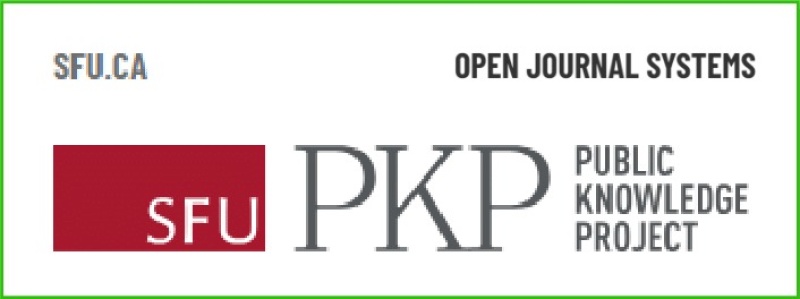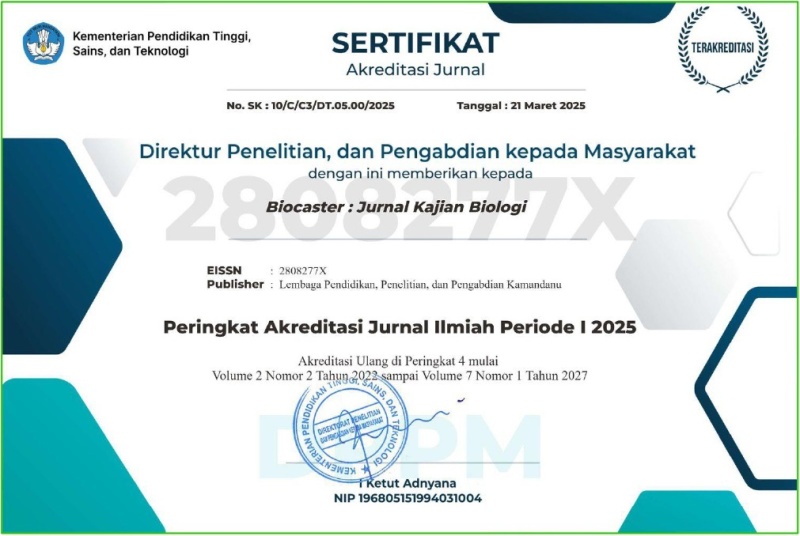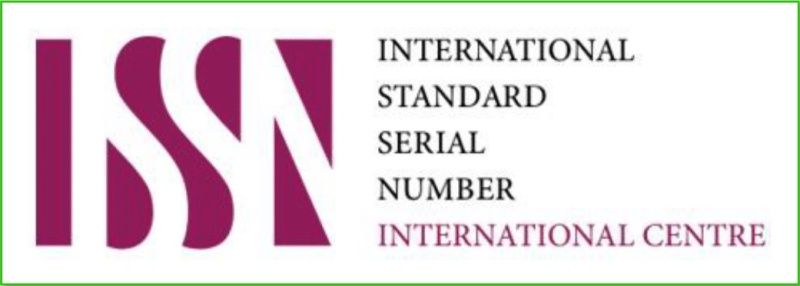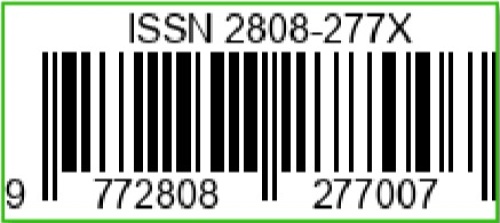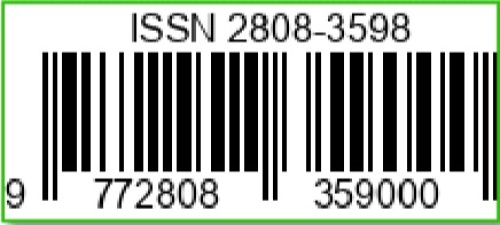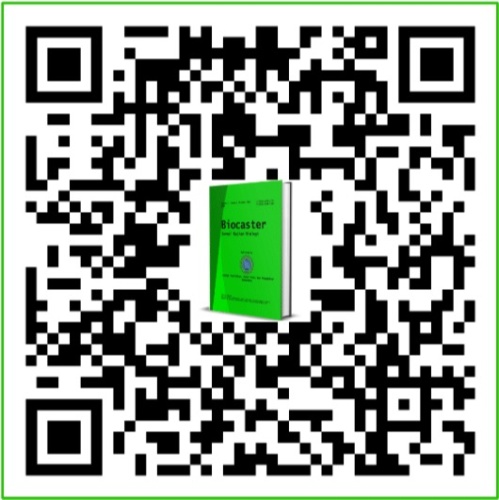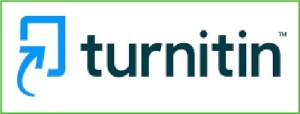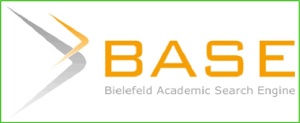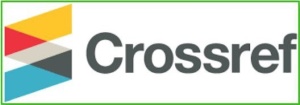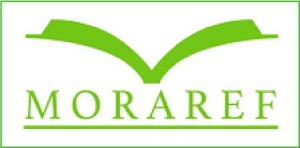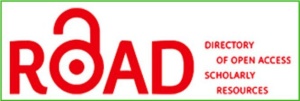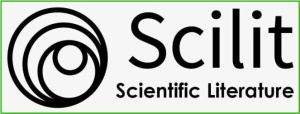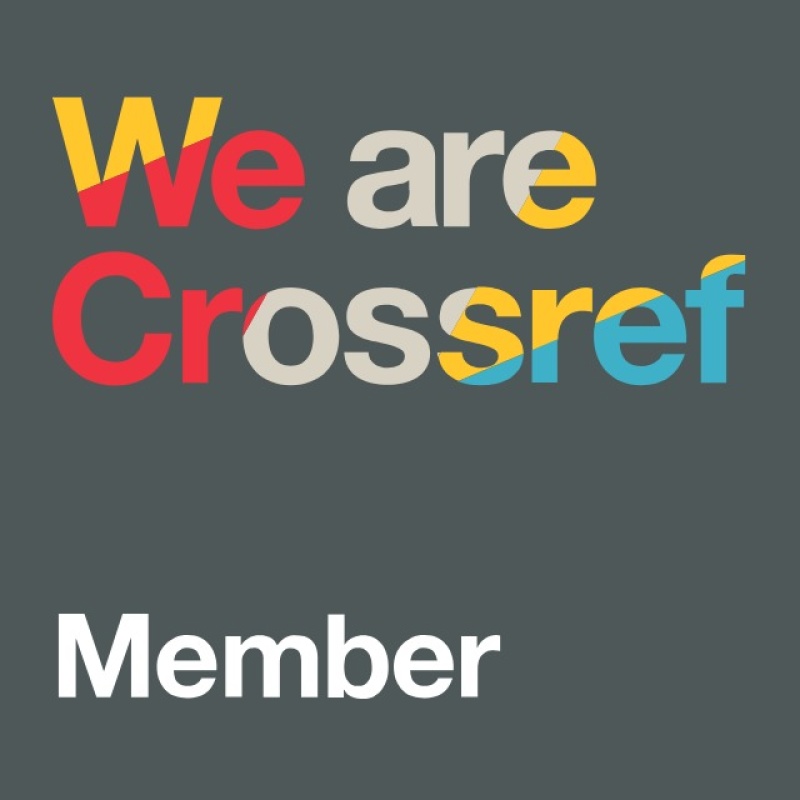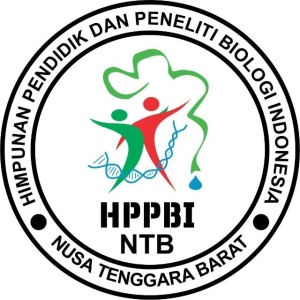Pengaruh Model Pembelajaran Inkuiri Terbimbing (Guided Inquiry) Berbasis Saintifik terhadap Kemampuan Berpikir Kritis Siswa
DOI:
https://doi.org/10.36312/bjkb.v2i3.97Keywords:
Guided Inquiry, Critical Thinking.Abstract
This study aims to determine the effect of the scientific-based guided inquiry learning model on the critical thinking skills of class X students. In this study there are 2 variables, namely the independent variable and the dependent variable, the independent variable is the guided inquiry learning model (Guided Inquiry). the dependent variable is students' critical thinking ability. The population of this study were students of class X MIA at MA Al-Ishlahul Ittihad Jabon Tentan Bagu Village, Pringgarata District, Central Lombok Regency. The selected sample is class X MIA with a total of 20 students. This study applies a quantitative approach with the Quasi Experiment method with a one group pre-test post-test design. The instrument used in the study was a written test in the form of 10 essay questions for the Pre-test 5 test questions and Post-test 5 test questions. The test questions were used to measure students' critical thinking skills on earthworm material. Based on the data analysis, the average pre-test was 63.75 which was included in the non-critical category and the post-test average was 81.75 which was included in the critical category. The data analysis technique in this study used a paired t test with the help of SPSS. Based on the results of the t-test, it was found that there was a significant difference between the results of the Pre-test and the Post-test. The results of the calculation of students' critical thinking ability data show that the value of sig = 0.000 0.05 then the HO hypothesis is rejected and Ha is accepted. Thus, it can be concluded that there is an influence of the guided inquiry learning model on the critical thinking skills of class X MIA students at MA Al-Ishlahul Ittihad Jabon Tentan Bagu Village, Pringgarata District, Central Lombok Regency.
Downloads
References
Arikunto, S. (2009). Dasar-dasar Evaluasi Pendidikan. Jakarta: PT. Bumi Aksara.
Ariyanto. (2012). Penerapan Teori Ausubel pada Pembelajaran Pokok Bahasan Pertidaksamaan Kuadrat di SMU. In Prosiding Seminar Nasional Pendidikan Matematika (pp. 55-64). Surakarta, Indonesia: Universitas Muhammadiyah Surakarta.
Brickman, P., Gormally, C., Armstrong, N., & Hallar, B. (2009). Effect of Inquiry Based-Learning on Students’science Literacy Sills and Confidence. International Journal for the Scholarship of Teaching and Learning, 3(2), 1-22. https://doi.org/10.20429/ijsotl.2009.030216
Hamruni. (2012). Strategi Pembelajaran. Yogyakarta: Insan Madani.
Hassani, M. T., & Rahmatkhah, M. (2014). The Relationship Between EFL Learners Metacognitive Strategies, and Their Critical Thingking. Journal of Language Teaching and Research, 5(5), 1167-1175. 10.4304/jltr.5.5.1167-1175
Husen, A., Indriwati, S. E., & Lestari, U. (2017). Peningkatan Kemampuan Berpikir Kritis dan Keterampilan Proses Sains Siswa SMA melalui Implementasi Problem Based Learning Dipadu Think Pair Share. Jurnal Pendidikan: Teori, Penelitian, dan Pengembangan, 2(6), 853-860. http://dx.doi.org/10.17977/jptpp.v2i6.9547
Hussain, A., Azeem, M., & Shakor, A. (2011). Physics Teaching Methods: Scientific Inquiry vs Traditional Lecture. International Journal of Humanities and Social Science, 1(19), 269-276.
Jufri, A. W. (2013). Belajar dan Pembelajaran Sains. Bandung: Pustaka Reka Cipta.
Kharbach, M. (2012). The 21’s Century Skills Teachers and Students Need To Have. Halifax: Creative Commons Attribution Mount Saint Vincent University.
Kuhlthau, C. C., Maniotses, L. K., & Caspari, A. K. (2017). Guided Inquiry: Learning N 21st Century School. USA: Green Wood Publishing Group.
Kurniawati, I. D., Wartono., & Diantoro, M. (2014). Pengaruh Pembelajaran Inkuiri Terbimbing Integrasi Peer Instruction terhadap Penguasaan Konsep dan Kemampuan Berpikir Kritis Siswa. Jurnal Pendidikan Fisika Indonesia, 10(1), 36-46. https://doi.org/10.15294/jpfi.v10i1.3049
Masitoh, I. D., Marjono., & Ariyanto, J. (2017). Pengaruh Model Pembelajaran Inkuiri Terbimbing terhadap Kemampuan Berpikir Kritis Siswa Kelas X MIA pada Materi Pencemaran Lingkungan di Surakarta. BIOEDUKASI, 10(1), 71-79. https://doi.org/10.20961/bioedukasi-uns.v10i1.11276
Maslow, A. H. (1987). Motivation and Personality. New York: Harper Collins.
Puspita, A. T., & Jatmiko, B. (2013). Implementasi Model Pembelajaran Inkuiri Terbimbing (Guided Inquiry) terhadap Keterampilan Berpikir Kritis Siswa pada Pembelajaran Fisika Materi Fluida Statis Kelas XI di SMA Negeri 2 Sidoarjo. IPF: Inovasi Pendidikan Fisika, 02(03), 121-125. https://doi.org/10.26740/ipf.v2n3.p%25p
Sanjaya, W. (2016). Strategi Pembelajaran Berorientasi Standar Proses Pendidikan. Jakarta: Prenadamedia.
Siregar, P. F. (2020). Pengaruh Model Pembelajaran Guided Inquiry terhadap Berpikir Kritis Siswa di MAS PAB 2 Helvetia Deli Serdang. Skripsi. Universitas Islam Negeri Sumatera Utara.
Sugiyono. (2010). Metode Penelitian Pendidikan Pendekatan Kuantitatif, Kualitatif, dan R&D. Bandung: CV. Alfabeta.
Yeritia, S., Wahyudi., & Rahayu, S. (2017). Pengaruh Model Pembelajaran Inkuiri Terbimbing terhadap Penguasaan Konsep dan Kemampuan Berpikir Kritis Fisika Peserta Didik Kelas X SMAN 1 Kuripan Tahun Ajaran 2017/2018. Jurnal Pendidikan Fisika dan Teknologi, 3(2), 181-187. 10.29303/jpft.v3i2.398

Downloads
Published
How to Cite
Issue
Section
License
Copyright (c) 2022 Yulia Fitria, Safnowandi, & Siti Rabiatul Fajri

This work is licensed under a Creative Commons Attribution-ShareAlike 4.0 International License.
-
Attribution — You must give appropriate credit, provide a link to the license, and indicate if changes were made. You may do so in any reasonable manner, but not in any way that suggests the licensor endorses you or your use.
-
ShareAlike — If you remix, transform, or build upon the material, you must distribute your contributions under the same license as the original.

